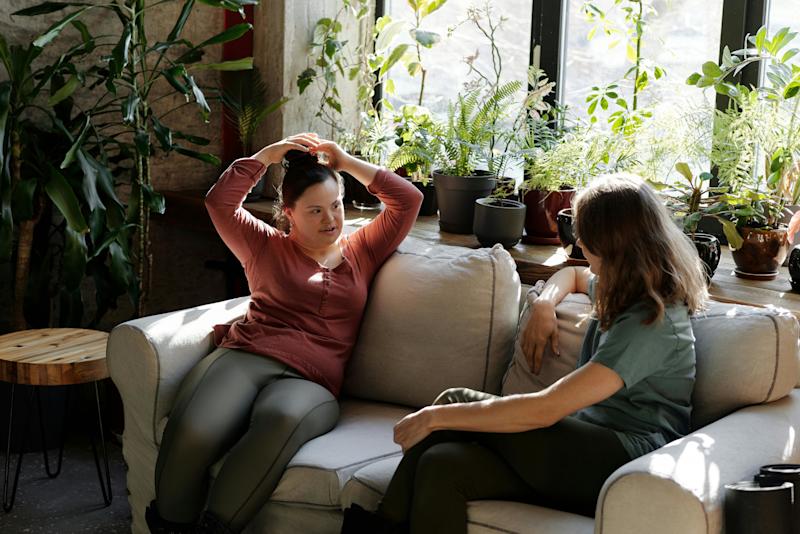Building a better future: A call to prioritise the mental health of children in care
In May, the UK Trauma Council helped launch a national report calling for evidence-informed reform to mental health services for children in care. This blog shares key messages from the event and outlines the vision for change.

Collaborating for change
In May, the UK Trauma Council (UKTC) was proud to collaborate with CoramBAAF, the National Children’s Bureau, and top academic institutions, at the launch of a national report titled: Increasing access to evidence-informed mental health service provision for children in care in England: National recommendations for change. This consensus statement from a coalition of leading academics and clinicians, with input from experts-by-experience and frontline professionals, makes a powerful case for systemic change. It sets out a vision for a care and health system where young people’s access to high-quality evidence-based mental health services is seen as a priority.
Our launch event in Westminster brought together voluntary sector, NHS, and children’s social care leaders, with care-experienced people, academics, and senior civil servants. The event was opened by Helen Hayes MP, who spoke powerfully about the government’s commitment to the mental health and wellbeing of children and teens in care:
“Meeting mental health needs of children and young people in the care system is vital if children are to thrive. I believe the Government is serious about children in care and their mental health and wellbeing. This report provides strong evidence and a wealth of ideas for improving access to high quality mental health services for children in care.”
A key message of the event was the need to build on existing good-practice to ensure all young people in care, no matter their postcode, can receive best-evidenced mental health care as early as possible in their care journey. With the right training, commissioning, and a shift away from unevidenced practice and misconceptions around mental health, more areas can improve their provision for this group.

Twenty national recommendations for change
The report sets out twenty key national recommendations - spanning commissioning, service integration, referral and assessment practices, and workforce training – all aimed at driving change where it is most needed. This includes:
All local authority areas should develop a joint service-delivery plan, between CAMHS and children’s social care to increase knowledge and accountability around the mental health provision in the area.
The introduction of an initial mental health and wellbeing assessment, delivered to all children in care 4-6 months after a young person first enters care.
All local authority areas should have a co-located mental health service, between children’s social care and CAMHS, which is commissioned to provide provide both direct and indirect evidence-based support.
The development of a new children’s social care mental health practitioner training programme, to upskill the children’s social-care based mental health workforce, to build a mental health workforce in children’s social care who understand important contextual issues but also the delivery of evidence-based interventions.
Update to the NICE guidelines for Looked After Children to reduce confusion and increasing accountability for decision-making around mental health service provision.
A roadmap for the future
This report offers both a challenge and a roadmap. It challenges us to move beyond fragmented services and short-term fixes, and it offers a path forward that is grounded in evidence and draws on existing examples of best-practice. High quality assessment and formulation, honest and accessible language, the delivery of best-evidenced interventions, and the embedded and ongoing evaluation of service provision are all foundational principles for good mental health care. Young people in care deserve to be seen for the individuals they are – and not have their access to high-quality professional mental health care be impacted by inequity, biases and overgeneralisations.
I am really proud to have contributed to this important piece of work. We are committed to continuing our work alongside experts-by-experience, frontline services, and national organisations to turn its vision into reality.
Find out more
You can read the report in full, here. In November, the UKTC will be hosting a free webinar to further discuss these recommendations. Sign up to the UKTC newsletter or keep an eye on our LinkedIn for more information.
Later in 2025, the UKTC will be releasing free resources to support decision-makers involved in the commissioning of services for children in care.